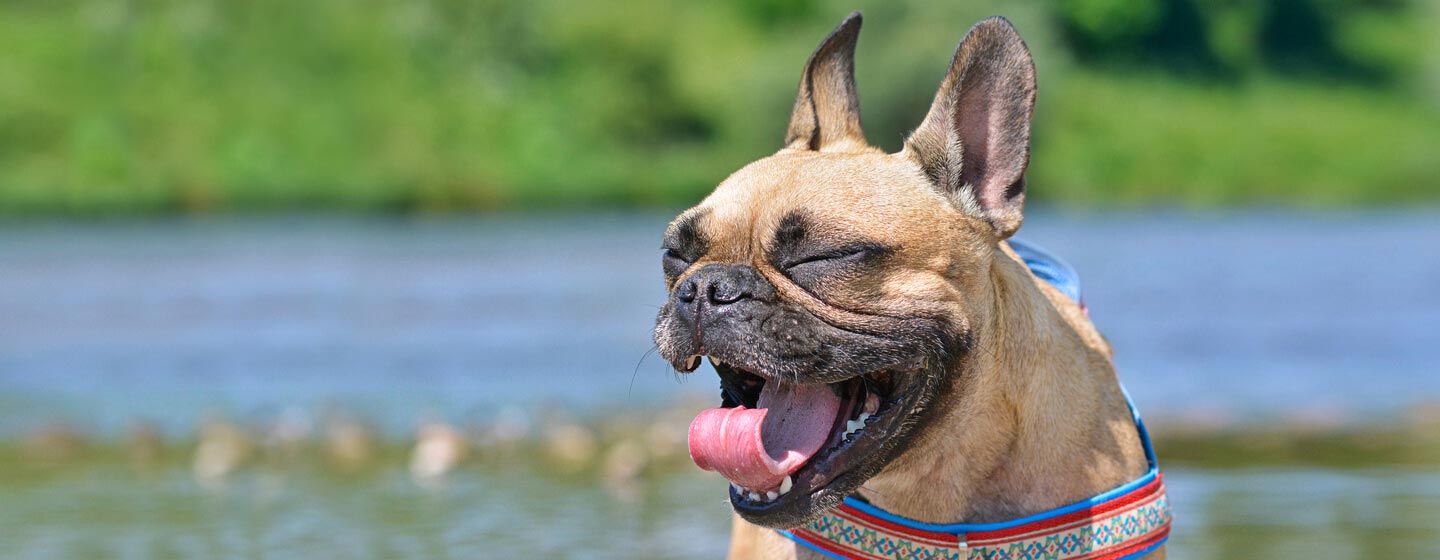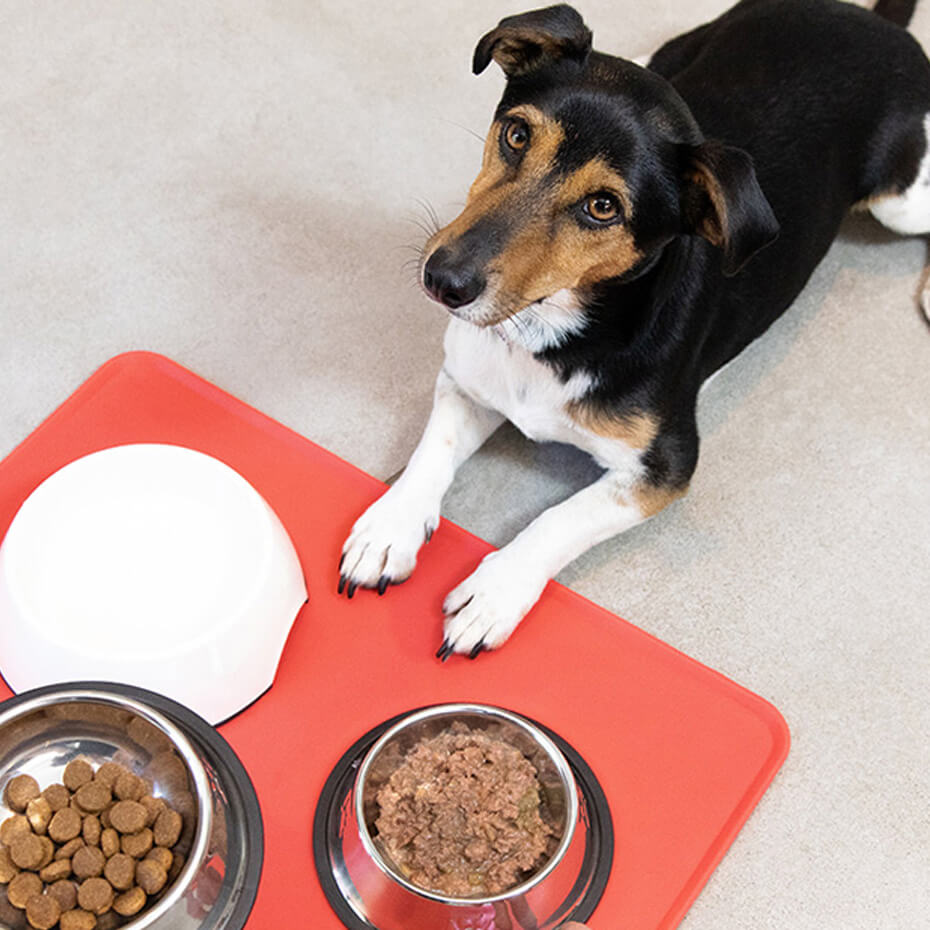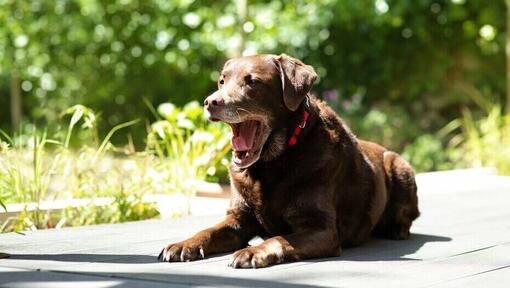
Dogs sneezing is a normal occurrence, but you can find your dog sneezing at odd times or more often than usual. In this article, we look at the causes of why dogs sneeze.
When it comes to sneezing in dogs, it does not necessarily suggest that the dog has a cough, as it does in humans. In fact, dogs sneeze for a variety of reasons. It could be caused by something small, such as a reaction to dust, or it could be caused by something more significant. It could also be a "play sneeze" – more on that later. It all depends on how much your dog sneezes and the color of the discharge.
In most situations, your dog is sneezing in response to an irritant in the dog's upper airway. The dog then sneezes to eliminate the irritant in the same way as humans do! However, there may be a number of other triggers for your dog's sneezing, so we've created this guide to help you figure out why dogs sneeze.
Why do dogs sneeze?
There are several triggers for your dog's sneezing. It may be a nasal irritant such as dust, household products, perfume, or even pollen. When something gets stuck in their noses, it can make them sneeze.
If your dog is sneezing a lot, it may be due to something in the atmosphere. Spraying things around your pet should be done with caution because it can irritate their nose. Hunting dogs and anyone that snuffle in the undergrowth will get a number of strange items stuck up their noses, such as twig and leaf fragments. If your dog wants to go nose-first into the undergrowth, keep an eye out for this.
Sneezing normally makes the dog expel the item on its own, but if their nose is bleeding or they keep pawing at their nose and sneezing, visit the doctor as they may need to remove the object.
Can My Dog Get Sinus Infections?
Typically, dog sneezing is a one-time reaction to something in the air. However, if your dog is sneezing excessively, he or she may have a nasal infection. In general, dogs with upper respiratory tract infections cough rather than sneeze, but it's always worth seeing the doctor if symptoms continue.
Aspergillus fungus is commonly caused by inhalation of the fungus from hay or spores of grass. Symptoms include sneezing, visible swelling, discharge, congestion, and nosebleeds. If your dog shows any of these symptoms, take them to a vet.
Persistent sneezing in dogs occasionally is associated with mites. These tiny bugs get into your dog's sinuses and are commonly picked up from digging in the dirt. Nasal mites can be irritating for dogs and can cause nosebleeds. If you believe your dog has mites, take him to the vet.
Other Reasons Why Your Dog May be Sneezing:
- Infected tooth - The third upper premolar has roots that are really close to the nasal passages, so if this tooth or any near to it are infected, it may cause your dog to sneeze.
- Tumours- Very occasionally, persistent sneezing in dogs can be a sign of something serious, like a tumor. Secondhand smoke is the main cause of tumors in dogs’ nasal passages and is more common in longer-nosed breeds. If you think your dog is unwell, take them to the vet for a diagnosis.
- Brachycephalic breed - These dog breeds such as Boston terrier, Bulldog and Pug have compressed nasal passages, so they’re much more likely to sneeze than other dogs.
When is a Sneeze not a Sneeze?
Sometimes, a sneeze isn't just a sneeze. Your dog may snort, which can a sign of an upper airway obstruction in a healthy dog. Take your dog to the vet to have it checked out. Snorting is also common in overweight dogs because the extra weight makes it difficult for them to breathe.
Your dog may even be getting a reverse sneeze. Small breed dogs and brachycephalic breeds are the most vulnerable to this. A reverse sneeze occurs when air is drawn in rapidly and loudly through the nose, resulting in a sudden noise similar to a honk. In reality, some dog owners assume the dog is laughing. Before making the sound, your dog can also stand with their elbows apart, head forwards or backwards. Reverse sneezing rarely requires medication, so you shouldn't be concerned if your dog does it.





